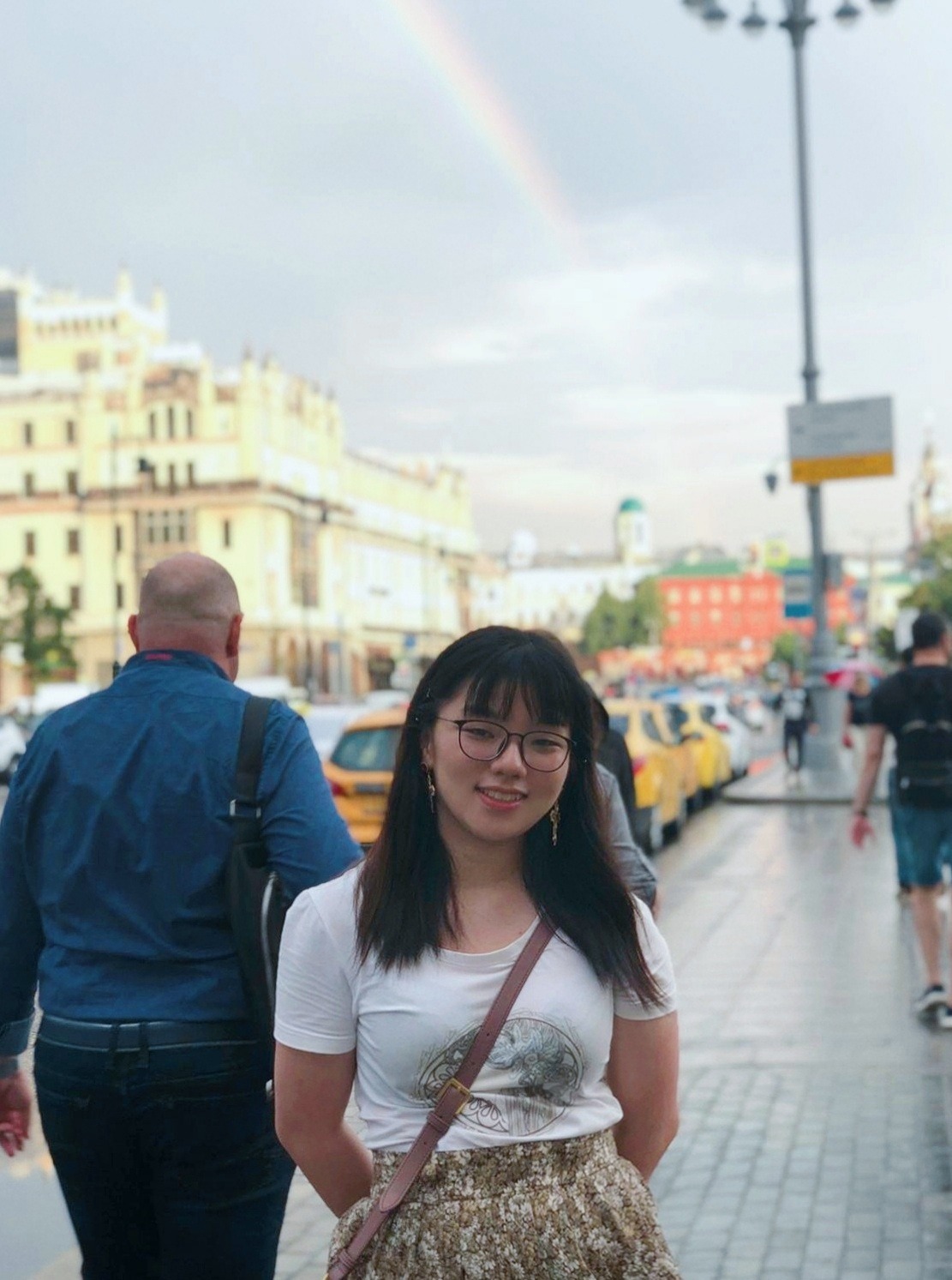
Wong Sze Man Emilia
2020-21 Term 1
The Hong Kong Metamorphoses: Stories of Transformation in Hong Kong Folklores
Supervisor:
Abstract
This capstone treks into the unexplored frontier of Hong Kong Folklores under the literature lenses. By comparing Hong Kong folktales with Ovid’s Metamorphoses, this project aims to shed light on the nuances of Hong Kong mythology and connect Hong Kong folk culture with the “universal myths”. Using a qualitative approach, this paper focuses on the theme of physical transformation in women in Hong Kong folklores, with close reading on the two popular stories of the Seven Sisters and the Amah Rock. Recordings and retellings of the stories from different decades are studied and contrasted, including oral retellings of Hong Kong locals obtained from field study and interviews. The paper dives into the different motifs in Hong Kong myths and relates them to folk stories from Greece, Iran, and various other countries. Motifs related to the sea, feminine grief, and localist sentiments are discussed and reflected on. Apart from the postcolonial sentiment in the invader allegories, the sentiment of diaspora and yearning are also discussed in the context of Hong Kong labour history.
This paper relates its observations to Hong Kong’s colonial history and gender values to illustrate the importance of mythology studies and the sentimental side of Hong Kong history. Through discussing the primitive faith and stories of Hong Kong, this project explores the idea of true Hong Kong identity and culture, and hopes to inspire more future literature studies of Hong Kong myths.
Reflection
Mythology has always been my personal interest, and therefore I was incredibly excited to work on this topic even though the resources are limited. It was incredibly challenging and at times defeating, but it has proven to be a rewarding endeavour. I am still having a hard time to believe how extensive this comparative project has come to be, that even Shakespeare joins in the discussion. But, I am also proud of myself for successfully digesting and incorporating the enormous amount of text from different cultures and eras.
Here I would like to thank my supervisor Professor Eddie Tay for guiding me through the process and always being understanding; and Dr Kirsten Lamb for offering her thoughtful insights. I am also incredibly thankful for the Hongkongers who allowed me to interview them, and my friends who have been supportive all along. Without anyone of you, I do not think this project would have been satisfactorily completed. Thank you so much!






